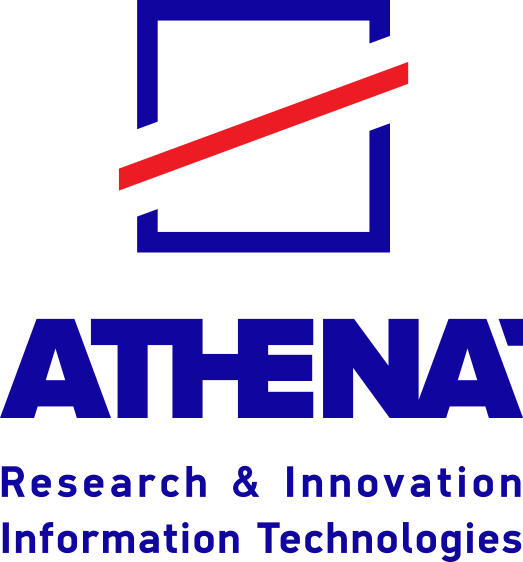Title: A deep learning-powered
right ventricle counterpart of the Simpson’s method of discs and uncertainty quantification
Speaker: Archontis
Giannakidis, Assistant Professor, School of Science and Technology at Nottingham Trent University (NTU), UK
Abstract: Quantitative evaluation of right ventricular (RV) volumes is of paramount importance in many cardiovascular conditions and is best performed by cardiovascular magnetic
resonance imaging (CMR). However, CMR scanners are scarce, costly, and lack portability. Two-dimensional transthoracic echocardiography (2DE) allows for the widely available, low cost and bedside evaluation of RV size and function. 2DE-based quantitative RV
analysis is nevertheless restricted by the lack of accurate models of the complex RV shape. In this talk, a feature tokeniser transformer-based model will be presented to calculate the RV end-diastolic (ED) and end-systolic (ES) volumes by relying on tabular
data. The proposed method mirrors the Simpson’s method of discs applied to the left ventricular volume calculation task in the sense that it uses area data from various standardised 2DE views (along with age, cardiac phase and gender information) as inputs
to the regression model. The pipeline is trained and tested on a small-scale dataset, showing feasibility and promising accuracy.
In the second part of the talk, an instance-based method will be presented for complementing ensemble method-based RV volume predictions with uncertainty scores. The technique will rely on the learned tree structure to identify the nearest training samples
to a target instance and then use a number of distribution types to more flexibly model the output. The appropriateness of the proposed framework will be showcased by providing exemplar cases. The estimated uncertainty embodies both aleatoric and epistemic
types. This work aligns with trustworthy artificial intelligence since it can be used to enhance the decision-making process and reduce risks. Lastly, the feature importance scores of our framework can be exploited to reduce the number of required 2DE views
which could enhance the proposed pipeline’s clinical application.
Bio:
Archontis Giannakidis is currently an Assistant Professor in Data Science with the School of Science and Technology at Nottingham Trent University (NTU), UK. Before NTU, Archontis was a Postdoctoral Researcher with the National Heart and Lung Institute
at Imperial College London, London, UK (4 years) and the Life Sciences Division at Lawrence Berkeley National Laboratory, Berkeley, CA, USA (3 years). He received his PhD in Electronic Engineering (Inverse Problems) from University of Surrey, UK, where he
was advised by Prof. Maria Petrou. He works on the mathematical underpinnings of machine learning and data science, with a special focus on Responsible AI. His research interests lie in the intelligent processing of large amounts of various types of data towards:
(i) learning efficient data representations, (ii) revealing hidden patterns in the data, (iii) automating intellectual tasks normally performed by humans, (iv) optimising decision-making, and (v) improving computational modelling of complex systems. Archontis
is a member of the special interests group on “Machine Learning and Dynamical Systems” at the Alan Touring Institute. He has gained funding from Innovate UK/EPSRC and the Government Equalities Office, and he holds an international patent for co-inventing a
deep learning-based quantitative technique for analysing the right ventricle by relying only on two-dimensional echocardiography.
________________________________________________________________________________
Meeting ID:
367 203 898 223
Passcode:
ty62iE76
________________________________________________________________________________













